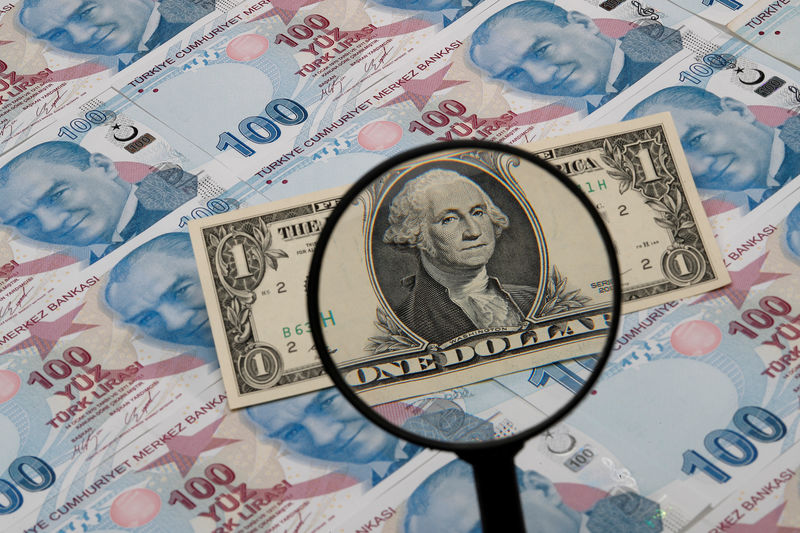Turkey’s central bank reported a striking development on Monday as the country posted a September current account surplus of $1.88 billion. This positive shift comes after an August deficit of $357 million and marks the first surplus since June, as well as only the second in the past two years.
The unexpected surplus was largely fueled by a robust tourism season that continued into September, with over $5 billion contributing to a services surplus that totaled $6.25 billion. This influx from tourism has been a boon for Turkey’s economy, which has been grappling with significant inflationary pressures.
Despite the good news on the tourism front, Turkey is still facing economic challenges. The persistent weakness of the Turkish lira has led to rising import prices, contributing to rampant inflation and an imbalance in trade. The goods deficit stood at $3.66 billion for September, which, while narrower than August’s figures, underscores the ongoing struggle with imports outpacing exports.
In response to these inflationary trends, Turkey’s central bank has taken decisive action by implementing substantial interest rate hikes. These measures have shown some effectiveness, as they helped to stall the decline of the lira and brought a slight relief to inflation rates in October after several months of continuous increases.
The central bank’s strategy appears to be yielding some early signs of stabilization for the Turkish economy, with the current account surplus serving as a notable indicator of progress amidst broader fiscal challenges.
This article was generated with the support of AI and reviewed by an editor. For more information see our T&C.
Read the full article here





